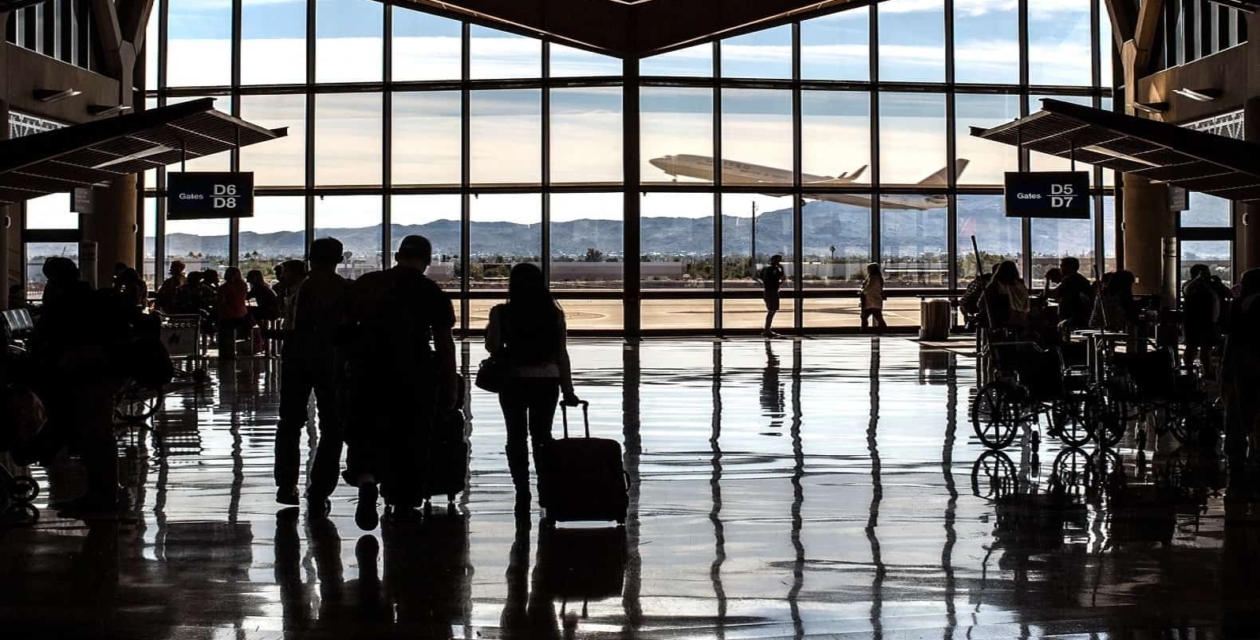Coronavirus: A Game-changer in the Tourism Industry

With all the news that floods us from left to right daily, and as people’s “normal life” has been disturbed during this challenging period, I am sure that you have probably asked countless times: “When will this all end?”
The answer is, no one can say for certain. But if we are to look at the past pandemics, records show that they have typically lasted between 12 and 36 months. Eventually, they came to pass as they became more contained, and as vaccines were developed and distributed. This explains why experts claim that only a vaccine will allow a return to normalcy.
With the enforcement of physical distancing worldwide, it might take longer for the tourism sector to recover, compared to others. According to the World Travel and Tourism Council Managing Director Virginia Messina, once the outbreak has become under control, it would take up to 10 months for the industry to return to its normal levels. (Statement lifted from an article co-published by the World Economic Forum and Reuters on March 17)
These facts are hard pills to swallow, especially if your business is badly hit by the crisis. But do not be disheartened. The world will surely recover, and businesses will soar once again. Recovery begins if we will bravely face reality head-on, identify the problem, and use this as a learning tool to prepare us and take specific actions for what is ahead.
One of the challenges that the industry might face in the long run, in lieu of the closing of businesses, is losing many of its employees. Many of these people are not only academically qualified but have earned their invaluable skills because of years of experience in the industry. Should the pandemic continue longer, many of these precious assets might leave their jobs, going to other sectors where there are available opportunities for them.
For that matter, it is high time to think ahead, because the coronavirus is changing the game in the industry.
First, this is putting the market competition of the industry players to equal standing.
How so? You might be wondering.
Prior to the outbreak, there are a few players owning a big share of the market. Now, what we see happening is that the pandemic is affecting all sectors of the industry, small and big alike—- although the effect is likely more harmful to the industry giants. This is what places the different businesses on an equal footing in the battlefield, for with bigger players, the impact is undoubtedly huge and they will be inclined to prioritize their recovery more than anything else. At the same time, the impact for other local and mid-range industries, such as ITOs, transfer companies, and those operating inland/destinations, which also have higher operation cost, manpower, and fleets, would be as painful, because they have lost streams of revenue when their businesses were shut down.
Second, after the pandemic, many businesses in the industry would have realized the need to change their current processes and operations.
At this point in time, some businesses might be thinking that they have armed themselves prepared for this kind of situation, even believing that they can easily sit in the same position when the market reopens, by approaching it with the same old patterns.
However, going back to your old standing before the outbreak is not a good strategy. The needs would have changed by this time, and it would be safe to assume that the way people might look at their travel plans or the options that they can choose from has also changed. Therefore, a new way to meet those demands is key.
With this in mind, who will become the winners of their game in the post corona world?
Think of this: when people have not traveled for one to two years, the tendency is that they would be craving for travel. Thus, when the travel market reopens, we are sure to expect a large influx of passengers.
Now, in order to have a decent share of this ocean of opportunity, businesses must have strong nets that can catch large numbers of passengers. And this will only be possible through an innovative change in the business.
As a response to the changing industry, travel businesses need to use this time to optimize their trade, specifically:
1. Product-wise.
They have to be ready with a product that can cater to this new type of demand. This would mean reconnecting to previous suppliers and creating products that suit the new needs of travelers, with the understanding that these customers have not traveled for a year or two. Another is to be ready for marketing and to design enhanced packages/itineraries that will attract these passengers.
2. Technology-wise.
As raised early on, the industry might have been short of experienced people when the businesses reopen. Of course, companies can hire new ones, but there is no guarantee that these people are a good match for those we lost during the pandemic. Such is where the power of technology can be used to our advantage. Businesses need a service platform with features that can help them cover the shortage of manpower while raising the ability to serve more clients and earn higher profit.
The world has been caught off-guard by the virus, and it is teaching us a lot when it comes to the way we do things. Coronavirus is a game-changer of our century, and the true winners of this game in the industry are those who have used it as their call to optimize their businesses and be fully geared up once the post corona world returns to “business as usual”.






